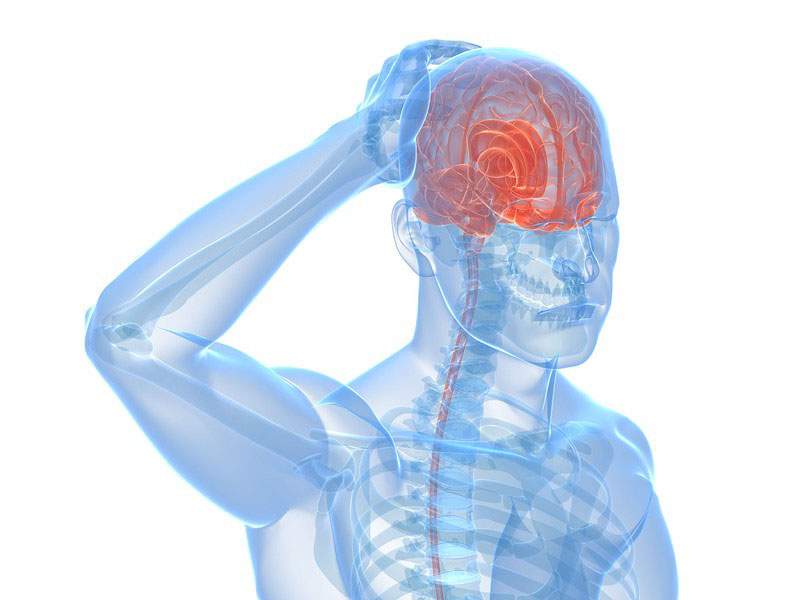
If holiday revelry led to a New Year's resolution, made in hangover hell, to go easy on the alcohol this year, QUT researchers have some sobering news for you.
- Alcohol binge and abstinence cycles change brain activity in the amygdala (of rats)
- Study found long-term alcohol use changed brain area sensitive to stress and anxiety
- Findings could explain high incidence of compulsive drinking and relapse
The QUT-led study on rats found that cycles of alcohol use and abstinence changed activity in the brain region involved in emotional behavioural responses and may contribute to alcohol craving and relapse in people with alcohol use disorders.
The study, published in Neuroscience, found long-term alcohol use inhibited the postsynaptic current to and from neurons in the basolateral amygdala (BLA), the brain area highly sensitive to emotional stimuli such as stress and anxiety.
QUT neuroscientist Professor Selena Bartlett, who led the study, said its results could help explain why patients with alcohol use disorders were often unable to control their alcohol consumption and were highly susceptible to stress-and anxiety-induced relapse.
"We observed significant reduction of inhibitory postsynaptic current strength and frequency in the long-term ethanol drinking rats compared to age-matched water-drinking rats," Professor Bartlett, from QUT Faculty of Health School of Clinical Sciences.
"However, the excitatory postsynaptic current properties from the long-term alcohol drinking rats were no different from those of the water-drinking rats.
"The loss of inhibitory control in the BLA of high-drinking rats could explain the high incidence of compulsive drinking and stress or anxiety-induced relapse in people with alcohol use disorders."

The researchers studied healthy rats which had access to two drinking bottles – one containing 20 per cent ethanol and one containing water – that were weighed and refilled daily over ten weeks.
To simulate binge and abstinence the rats' received water only from both bottles on Monday, Wednesday and Fridays when the ethanol bottle was exchanged for water.
"Although all the study rats had access to ethanol and water only some of them became heavy drinkers," Professor Bartlett said.
"From the first ethanol exposure, we saw a marked linear increase in the preference for ethanol over water in the high drinkers (6 out of 10) and in the low drinkers we observed a marginal linear increase with much less escalation compared to their high-drinking counterparts.
"In high-drinking rats, there was a marked decrease in overall water intake from the first to the last session while the low drinkers had no increase nor decrease in overall water intake."
Professor Bartlett said long-term alcohol consumption could cause adaptations in the brain at a molecular, cellular and circuit level.
"Consolidation of these effects can alter neuronal pathways that control reward, mood, decision-making, learning and memory.
"Over time, this can lead to compulsive alcohol-seeking, an inability to self-limit intake despite negative consequences and the emergence of physical and affective withdrawal symptoms, all of which are the basis of alcohol use disorders.
"This study provided further evidence to support research that has found changes in BLA function and synaptic connectivity as an underlying cause of alcohol use disorders."
"Reduced Inhibitory Inputs On Basolateral Amygdala Principal Neurons Following Long-Term Alcohol Consumption" was published in Neuroscience.






